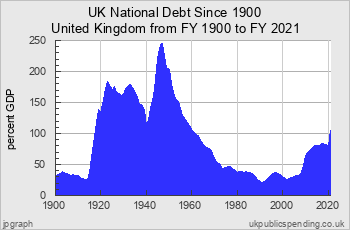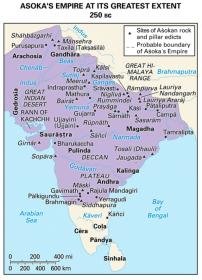Kangana Ranaut's statement where she says India got freedom in 1947 as 'Bheekh' has made me thinking. Obviously the language used in that statement does not sound well but was she really wrong though?
Britisher came to India in 17th century and ruled for 400 years. Freedom struggle was going on for hundreds of years but why they choose to leave only in 1947?
If we look into the history, after world war 2 British economy was in doldrums. The bombings (known as Blitz) that Hitler's nazi party did in England has ruined country's economy totally. So much so that Britain was struggling for its own survival survival. In such a situation, there was no way they could have sustain a colony 4000 miles away in India. So they decided to leave India and handover India to Indians.
So I dont buy this theory that Britishers left India in 1947 due to freedom fighters. They proactively handed over India to Indians (Bheek in Kangana's word) because their economy was crippled due to the war.
Will Britishers have left India in 1947 without World War 2? Definitely not.
Was kangana totally wrong? Lets Debate
Britisher came to India in 17th century and ruled for 400 years. Freedom struggle was going on for hundreds of years but why they choose to leave only in 1947?
If we look into the history, after world war 2 British economy was in doldrums. The bombings (known as Blitz) that Hitler's nazi party did in England has ruined country's economy totally. So much so that Britain was struggling for its own survival survival. In such a situation, there was no way they could have sustain a colony 4000 miles away in India. So they decided to leave India and handover India to Indians.
So I dont buy this theory that Britishers left India in 1947 due to freedom fighters. They proactively handed over India to Indians (Bheek in Kangana's word) because their economy was crippled due to the war.
Will Britishers have left India in 1947 without World War 2? Definitely not.
Was kangana totally wrong? Lets Debate










